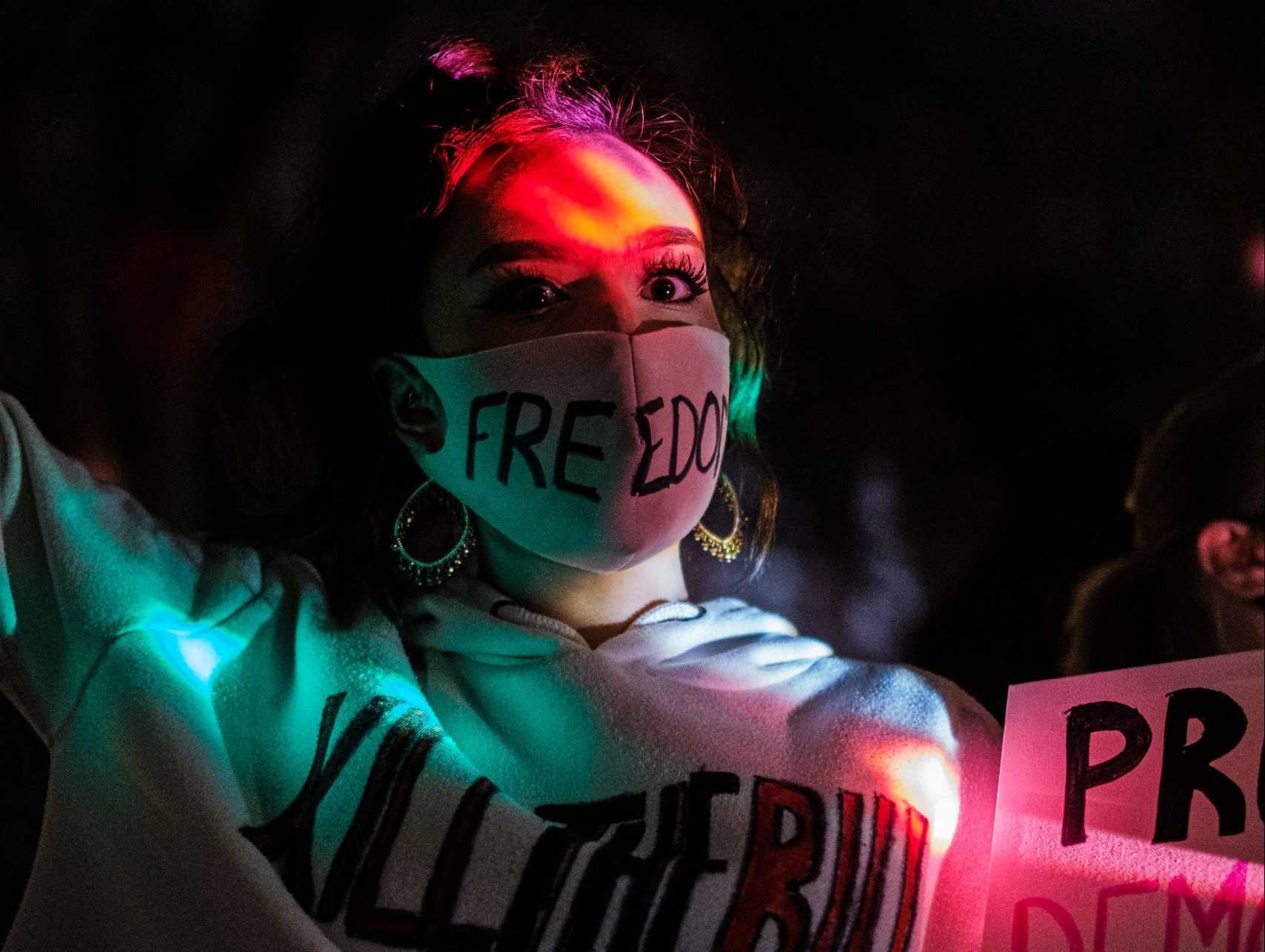on
BY SIONE J. SMITH
I’ve been thinking a lot about the role of government watchdog organizations lately.
What are Watchdog organizations you ask? I’m talking about those entities that keep a close eye on the government, making sure it stays accountable and transparent. You can look at them like the guardians of the public trust.
Why do we need them? Isn’t the government supposed to take care of things on its own?
Sure, in an ideal world, that might work, but we live in a world where power is misused, and corruption has found its way into even the most well-intentioned institutions. That’s where watchdog organizations like The Canadian Civil Liberties Association come in. They act as a check and balance mechanism carefully scrutinizing government: actions, policies, and spending to ensure they align with the best interests of the public.
It’s about accountability; watchdog organizations serve as independent eyes and ears, uncovering issues that might go unnoticed within the government itself. They provide an extra layer of scrutiny to prevent abuses of power and protect our rights.
The Canadian Civil Liberties Association is an independent, non-profit organization with supporters from across the country. Founded in 1964, the CCLA is a national human rights organization committed to defending the rights, dignity, safety, and freedoms of all people in Canada. The most recent Bill on watch is Bill C-63, a Bill that I have written about extensively in this edition, and one you must be aware of; your freedom literally depends on it.
Bill C-63 risks censoring a range of expressions from journalistic reporting to healthy conversations. The broad criminal prohibitions on speech in the bill risk stifling public discourse and criminalizing political activism. The bill imposes draconian penalties for certain types of expression, including life imprisonment for a very broad and vaguely defined offence of “incitement to genocide,” and five years of jail time for other broadly defined speech acts. This not only chills free speech, but also undermines the principles of proportionality and fairness in our legal system.
Following the Government of Canada’s reintroduction of the Online Harms Act (Bill C-63), I had a chance to meet with Noa Mendelsohn Aviv, Executive Director and General Counsel of the Canadian Civil Liberties Association (CCLA), and what she shared with me was very disturbing.
“I was fortunate to have and to be in surroundings that spoke about equality and justice when I was growing up, and because of this, I grew up with a deep sense of these values. I took the opportunities that were given to me to confront injustice.”
“You can’t just say that you care about equality, and not care about privacy. We all know who gets put under the microscope the most.”
Isn’t that the truth I thought to myself.
“You need independent eyes that can look and say, the goals are okay, but how have you gone about implementing, and where have you gone overboard.”
“This is a massive bill that we need to examine in greater detail. Our preliminary read raises several serious concerns. While the CCLA endorses the declared purposes of upholding public safety, protecting children, and supporting marginalized communities, our initial assessment reveals that the bill includes overbroad violations of expressive freedom, privacy, protest rights, and liberty. These must be rectified before the bill is passed into law.”
“There are widespread potential privacy violations including collection of data that gets reported; there is actual storage by social media platforms of information that gets flagged. The restrictions on hate speech are hard to define. There are a lot of gray areas. There are harsh measures that have been added to the criminal code.”
One troubling aspect of Bill C-63 is the vast authority bestowed upon a newly established body, comprising government appointees to: interpret the law, make up new rules, enforce them, and then serve as: judge, jury, and executioner. Granting such sweeping powers to one body undermines the fundamental principle of democratic accountability.
Furthermore, the bill’s provisions, which include sweeping new search powers of electronic data with no warrant requirement, pose significant threats to privacy rights. This bill provides for unacceptable intrusions into individuals’ digital lives.
The bill also re-introduces a speech restriction within the Canadian Human Rights Act, which CCLA has previously opposed. The new provision has the potential to censor strong opposition to political authorities. It limits debate and dissent on contentious issues, and historically has not adequately protected the most marginalized groups.
It just goes to show that watchdog organizations like CCLA play a crucial role in maintaining a healthy democracy. They help us hold our government accountable, protect our rights, and ultimately, ensure that the public trust is preserved.
Stay in the loop with exclusive news, stories, and insights—delivered straight to your inbox. No fluff, just real content that matters. Sign up today!
We, as humans are guaranteed certain things in life: stressors, taxes, bills and death are the first thoughts that pop to mind. It is not uncommon that many people find a hard time dealing with these daily life stressors, and at times will find themselves losing control over their lives. Simone Jennifer Smith’s great passion is using the gifts that have been given to her, to help educate her clients on how to live meaningful lives. The Hear to Help Team consists of powerfully motivated individuals, who like Simone, see that there is a need in this world; a need for real connection. As the founder and Director of Hear 2 Help, Simone leads a team that goes out into the community day to day, servicing families with their educational, legal and mental health needs.Her dedication shows in her Toronto Caribbean newspaper articles, and in her role as a host on the TCN TV Network.













